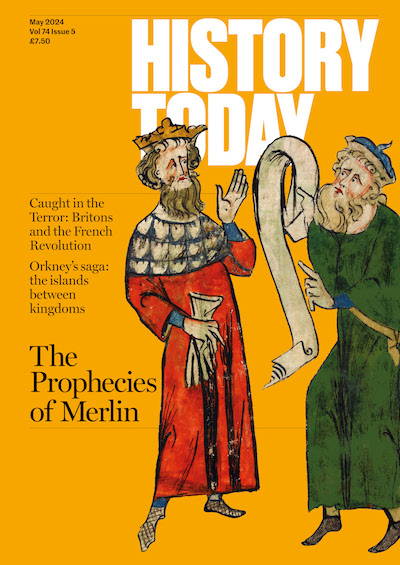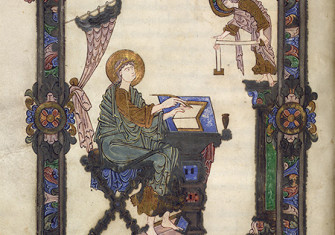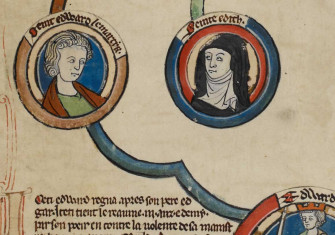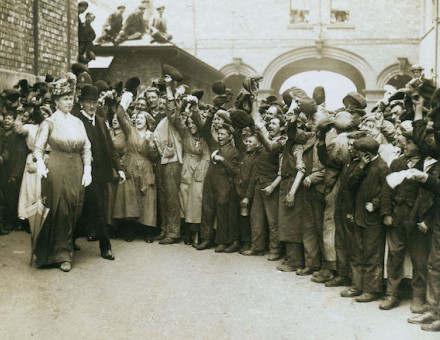Life and Land in Anglo-Saxon England
The Anglo-Saxons knew that life – and land – is precarious, which makes its gifts precious.
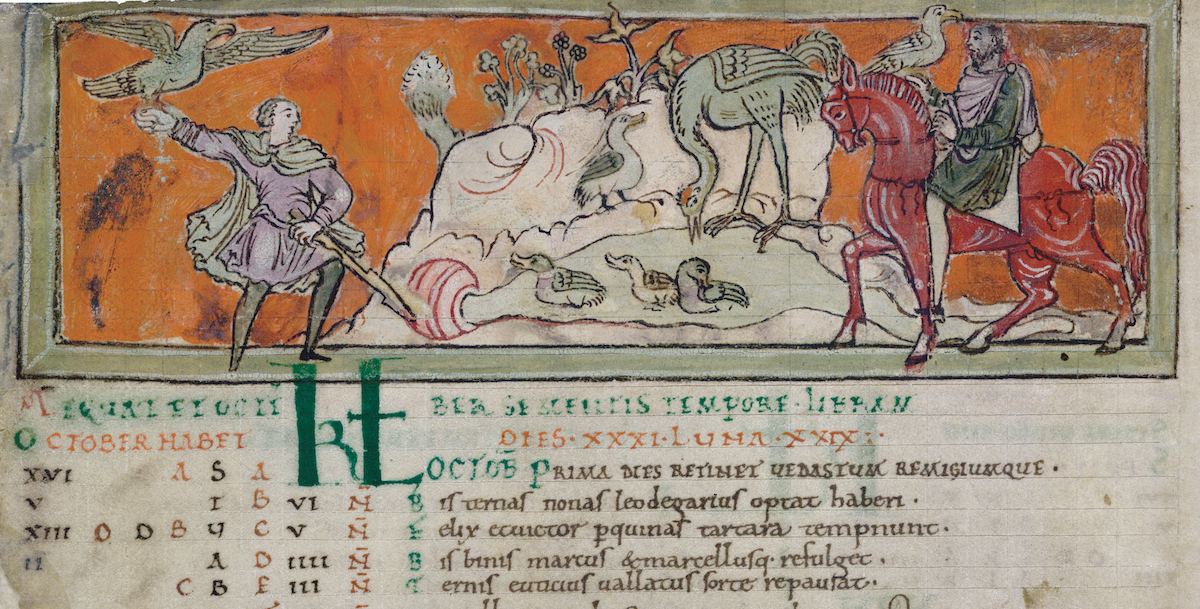
‘Understand that you will have to leave your temporary dwelling, your home and native land. It is not known where your lord will send you then, when you can no longer enjoy life, a home in your own country, as you did before.’
This is a quotation from an anonymous Anglo-Saxon poem, preserved in an 11th-century manuscript, which gives advice to an unknown reader on living a good and moral life. The poem’s outlook is expressly Christian, but here it uses a metaphor taken from the secular world: it imagines death as like being evicted, forced to leave your ‘temporary dwelling’ and settle in a new home at the will of an inscrutable landlord. The reader is reminded that their life on earth is like a house that does not belong to them, which they will have to leave one day.

